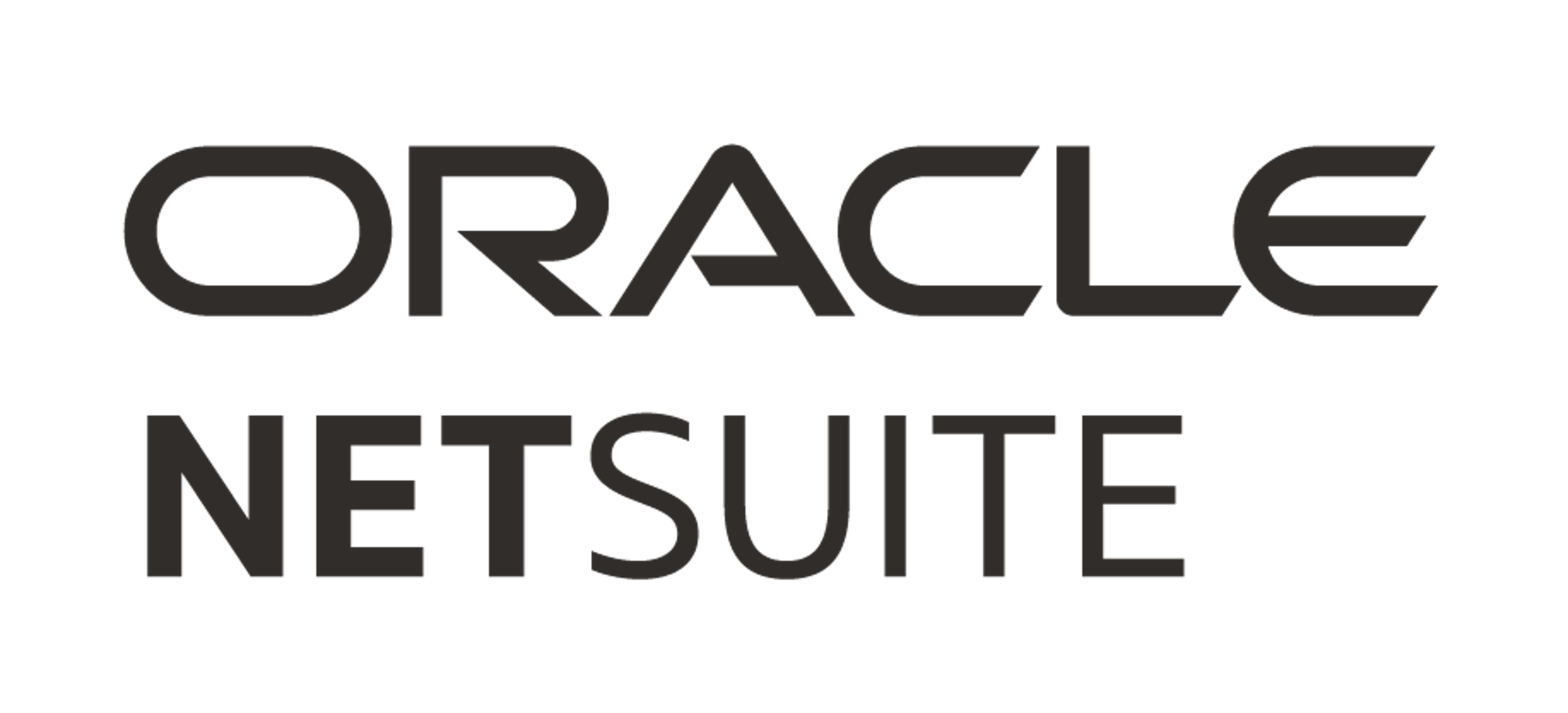Caroline Plumb is a serial entrepreneur. She cofounded her first business — resourcing consultancy FreshMinds — straight out of university with fellow student Charlie Osmond (who went on to found hotel booking challenger Triptease). She’s been her own boss ever since, something she jokingly says makes her “completely unemployable” to anybody else.
Today, she is CEO of cash flow management fintech Fluidly, which raised £5m in Series A funding back in 2018 and has grown to more than 50 employees. Over the course of her 20-year business career, she’s experienced most things that can go wrong for a startup, from defraudment and redundancies, to flooded buildings and robberies.
But ask her what the biggest challenge of being a founder is, and she’ll say: recruiting the right people at the right time.
Confidence isn’t always key
“One of the biggest mistakes people make — and I’ve made it many times myself — is in recruiting. In a startup or early stage business, you’re often short on resources. You’re hiring someone because you need them to do a job, you’re either making do without or trying to cover yourself, which is painful,” says Plumb.
One of the biggest mistakes people make — and I’ve made it many times myself — is in recruiting.
“By the time you get to interview, the person has become the silver bullet solution to all your problems and you really want them to join. However, unless you do it calmly and with a formal process where you really think through the skills, knowledge and behaviours you need to make the role and person successful, you can make a lot of bad hiring decisions,” she adds.
This pressure means founders can be too quick to make a hire, focusing on getting the process done and moving on to the next task, rather than finding the right person. In the past, Plumb admits to taking candidates’ skills and CVs at face value instead of digging deeper into their abilities and fit for the business.
“One of the most consistent errors I’ve made is mistaking confidence for competence. Often in interviews, you’ll get people who are very articulate, very confident in their own achievements and present well — that doesn’t necessarily mean they’re good at their job. The error is not delving deep enough into the evidence they’re providing,” says Plumb.
Read the fine print and test skills
To combat this, Plumb recommends spending time going into the detail of an interviewee’s experience. If they mention a role, ask them for specifics about what they did, including evidence for interventions they made or challenges they met. Be prepared to challenge them on what they wrote on their CV.
With some interviewees, you can see them peeling back layers and layers of knowledge and they can keep going. Others, not so much.
Additionally, ask for multiple examples of the skills and knowledge the role requires. Having them demonstrate these skills on multiple occasions is a good way of checking whether someone is bluffing.
“Most people can come up with one good answer to a question, but you want to see if they have depth and have two or three good examples. With some interviewees, you can see them peeling back layers and layers of knowledge and they can keep going. Others, not so much,” she adds.
You hire on aptitude, you fire on attitude
The success of a startup can live or die by its recruitment. Back in 2019, CB Insights analysed the reasons behind the failure of 101 startups across different sectors. Unsurprisingly, the top two reasons were lack of market (42%) and running out of cash (29%) — but third with 23% was having the wrong team. Too often, founders focus exclusively on the financial side of the business, and not enough on people and culture.
Despite Covid-19, hiring isn’t slowing down anytime soon. The number of people employed across Europe in tech startups has grown 43% over the last four years, according to the European Startups project. By 2025, more than 3.2m people will work in tech, an expected 10% growth year-on-year. That’s a lot of CVs, a lot of interviews and a lot of competition.
For Plumb, this means putting the right recruitment and people processes in place before you even get to the hiring stage. This can be about making sure your job specs accurately reflect the role and type of person you want, creating scorecards for key competencies or changing up how you interview. It’s also about making sure you understand your culture and how new hires will fit into that.
“When hiring, we’re looking at skills and knowledge, but also behaviour. What we’re really looking for is alignment around our values. We’re very focused on building our culture, so we want hires to add to that. There’s the old saying ‘you hire on aptitude, you fire on attitude.’ It’s really important that the behaviour part is right to avoid this problem,” says Plumb.
Patience is key
It’s also important to prepare for how recruiting will impact business agility and your leadership style. Hiring a new person or team doesn’t immediately translate into greater productivity or profit, with a period of adjustment and training needed before a successful hire gets up to speed and adds value. Having the correct processes in place helps founders to manage the new problems and challenges that comes with scaling up your team — and stops you floundering when things go wrong.
Having systems in place to support people and processes gives you something to fall back on when you need it the most.
“Even in a business of 50, where Fluidly is today, if each person has an event in their lives that is difficult for them once a year, as a business that’s once a week. Having systems in place to support people and processes gives you something to fall back on when you need it the most,” says Plumb.
From recruiting talent to setting up accounting, startup founders have enough on their hands. They need tools to help them manage their operations so they can focus on the bigger picture.
Over 24,000 companies use Oracle NetSuite to manage their business. Fast-growing, internationally-focused startups looking to get funding or go public need a scalable and agile tool to support their aspirations. NetSuite delivers a cloud platform to help you gain a clear view across your financials, inventory, customers, commerce and more, so you can illustrate momentum and progress to investors, giving them confidence to offer funding. Find out more.


